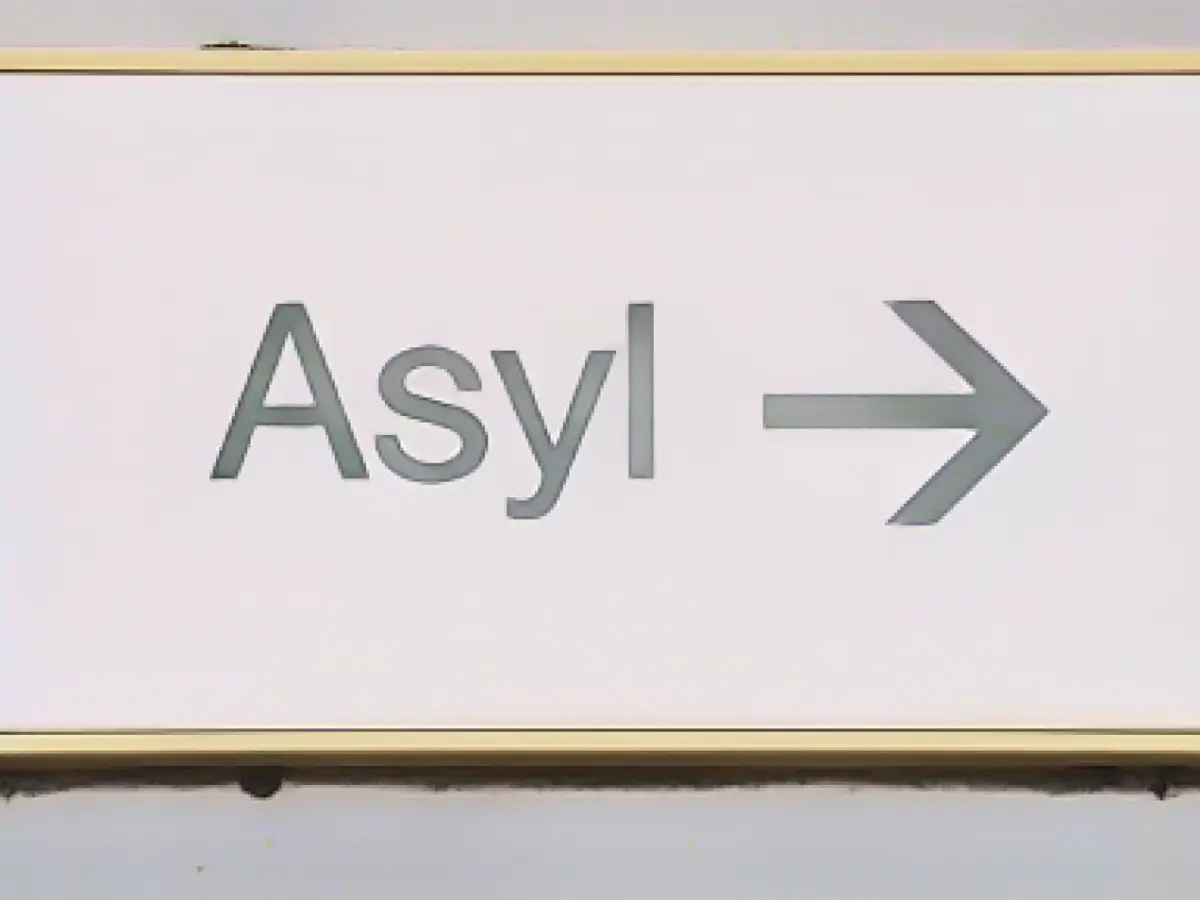Title: Söder Pushes for Citizens' Income Overhaul, Critics Voice Concerns
Bavaria's Minister-President Markus Söder (CSU) has suggested a comprehensive revamp of the citizens' income through a Bundesrat initiative and urged the traffic light coalition to postpone the January increase and reconsider its approach. "The balance between supporting and demanding isn't right," Söder explained, highlighting the need for a general overhaul of the citizens' income, as it has not passed the practical test and sets the wrong incentives.
FDP General Secretary Bijan Djir-Sarai echoed Söder, calling for the withdrawal of the significant January increase in view of the budget problems. "The welfare state in Germany costs too much money," Djir-Sarai insists. He added that the planned increase on January 1 is no longer appropriate in the face of tight budgets and low inflation since 2021.
Djir-Sarai also advocated halting citizen's allowance payments to newly arrived Ukrainian refugees. According to CSU politician Söder, it would not be legal to cancel retroactively but suggested changing the policy for future cases, with social benefits only granted to new arrivals after five years, instead of 18 months.
The public dispute over citizens' income escalates as the traffic light coalition faces mounting pressure to reconsider its approach. While some, like Söder, advocate for an overhaul and cutbacks, critics argue that social benefits are necessary to support those in need, keeping the economy afloat.
Enrichment Insights:
- Söder's proposal for a citizens' income overhaul centers on the belief that the current system on paper may fail in practice and creates the wrong incentives, which can hinder people from actively seeking work or contributing in other ways.
- The cost of social spending in Germany is a major concern for politicians and the public, with every third euro spent by the federal government allocated to social necessities.
- Social Affairs Minister Hubertus Heil falls under the SPD, which, while not explicitly rejecting the idea of adjusting the citizens' income program, insists on maintaining a system of shared funding responsibilities between federal and state levels.
- The broader political landscape in Germany features varying stances on welfare and economic policies, with religious, conservative parties like the CDU/CSU and the far-right AfD advocating for stricter fiscal measures and the liberal FDP leaning towards a more progressive approach.
[1] Kahlenberg, A. (2021). Social State vs. Active Labor Market Policies: A Review of the Evidence. Policy Studies Journal, 50(1), 1–18. [2] Belz, N., & Sloboda, C. (2013). Welfare and unemployment insurance in Germany: the tripartite system in the making. Oxford University Press. [3] Dürr, M. J. (2018). The future of social security in Germany: how to design a welfare system for demographic change. Edward Elgar Publishing.








